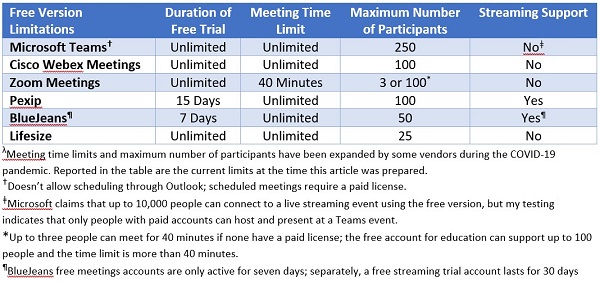In his thought provoking and insightful book, “
The Black Swan: The Impact of the Highly Improbable,” scholar Nassim Taleb focuses on the impact of unpredictable events and our ability as humans to offer simple explanations for these events in retrospect. The term “black swan,” which he uses to describe these events, comes from the idea that prior to Westerners visiting Australia, no one in Europe (or the Old World as Taleb calls it) had ever seen a black swan. All swans were white, as confirmed from numerous daily observations. Black swans were outside of the realm of imagination… until someone saw one in Australia. This single observation invalidated the general statement that all swans are white based on millennia of sightings.
As applied to the current global pandemic, COVID-19 is a black swan event. No one predicted it exactly, but some thought leaders encouraged us to prepare for it. In a
2015 TED Talk, for example, Bill Gates warned that we weren’t prepared for the next biological outbreak. My intent isn’t to discuss COVID-19, or its impact on the physical health of hundreds of thousands and perhaps millions of people. Rather, I’ll focus on methods available to keep your organization running effectively despite self-imposed or government-mandated quarantines.
Tools for the Times
Every year at Enterprise Connect, my industry colleague, Phil Edholm, and I do a “Cisco versus Microsoft” session in which we contrast and compare these two companies’ communications and collaboration offerings. However, at a time like this, when people don’t have lots of time to evaluate and go through a detailed collaboration tool selection process, rather than contrast and compare competitive tool sets, I’ll share relevant information about several quality collaboration tools that can help your workers remain connected and effective while working from home. (Note, I’ll be presenting some of these ideas during the
Enterprise Connect Virtual event on Monday, March 30, at 2:00 p.m. ET —
register here.)
If your organization already has a video communications solution, use it. If you don’t have a corporate standard for a collaboration tool, I’ll mention several of my favorites that you can use to stay in close contact with colleagues and business associates within and external to your organization. These tools are also helpful for schools and other organizations that still need to hold class; churches, synagogues, or mosques that still need to minister; charitable organizations that still need to provide relief to the sick and suffering; political parties that still need to meet; or social clubs and organizations that need to continue their operations to the best of their abilities while in quarantine.
Robust Video Services for One-on-One and Multiparty Meetings
A number of video solutions allow meeting virtually. The six I’ve selected here are business-ready, cloud-based, and available in varying lengths of free usage. But they do have limitations, and I’ll mention those.
For my business communications and collaboration needs, I regularly rely on
Microsoft Teams,
Cisco Webex Meetings, and
Zoom Meetings. The only hardware required is a PC or Mac, equipped with a camera and microphone; a tablet; or mobile phone.
The free versions have some limitations, as shown in the table below. Cisco, Microsoft, and Lifesize have expanded the capacities of their free accounts during the pandemic. Once COVID-19 is under control, these will likely become more restrictive.
If I had to rank these offerings with respect to ease of use, Zoom Meetings and Cisco Webex Meetings are the easiest to get going. Pexip, BlueJeans, and Lifesize are straightforward as well. For me, Microsoft Teams, although not that hard to use, is probably the most complicated to navigate.
The easiest way to launch meetings with any of these is to download the client and then schedule meetings through Outlook. You can then use the “one-button-join” feature, where a single click joins you to the meeting. I happen to use a PC running Windows 10 with Outlook for email and calendaring, and you can see my add-ins for the Outlook ribbon bar below. Outlook for Mac plugins are also available.
Each of these meeting solutions also has a way to create an “instant meeting.” To use this method, you copy the meeting URL and then send it via email or text chat to anyone you want to invite.
Click below to continue to next page














